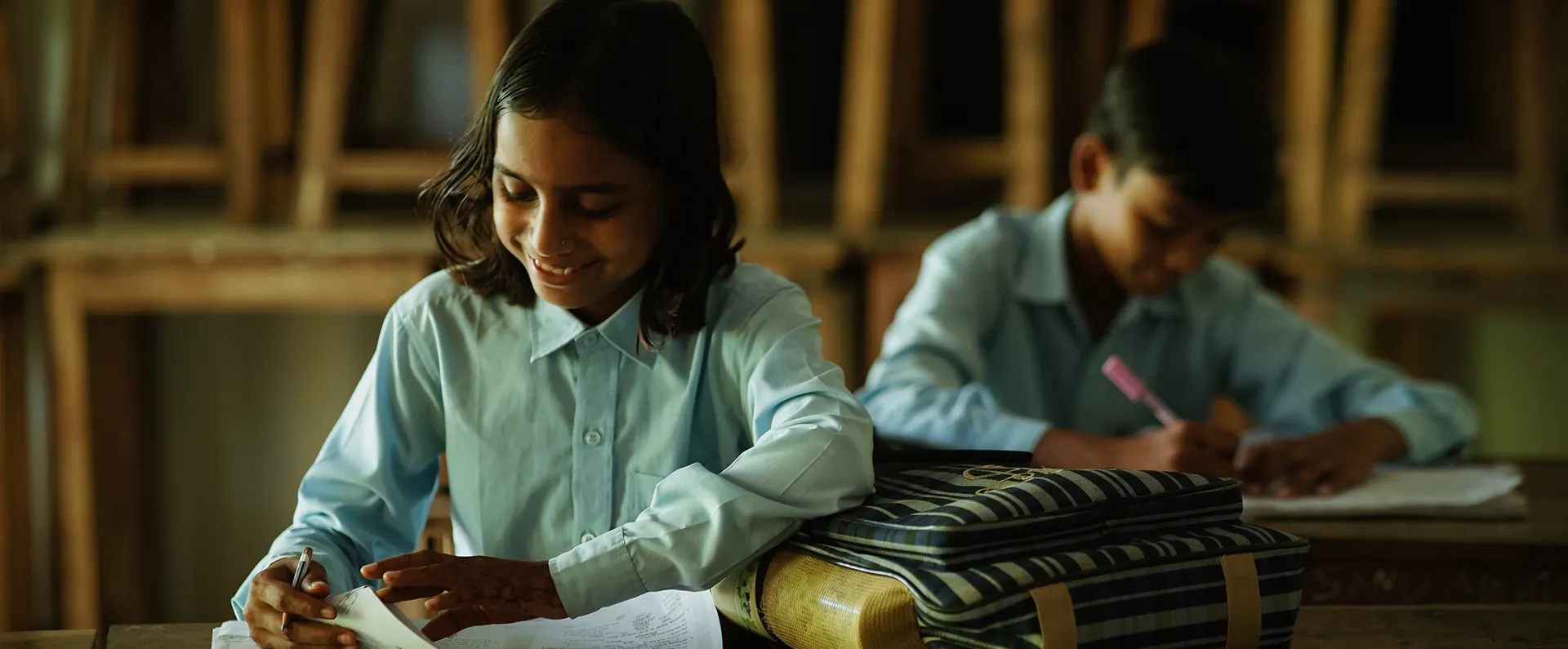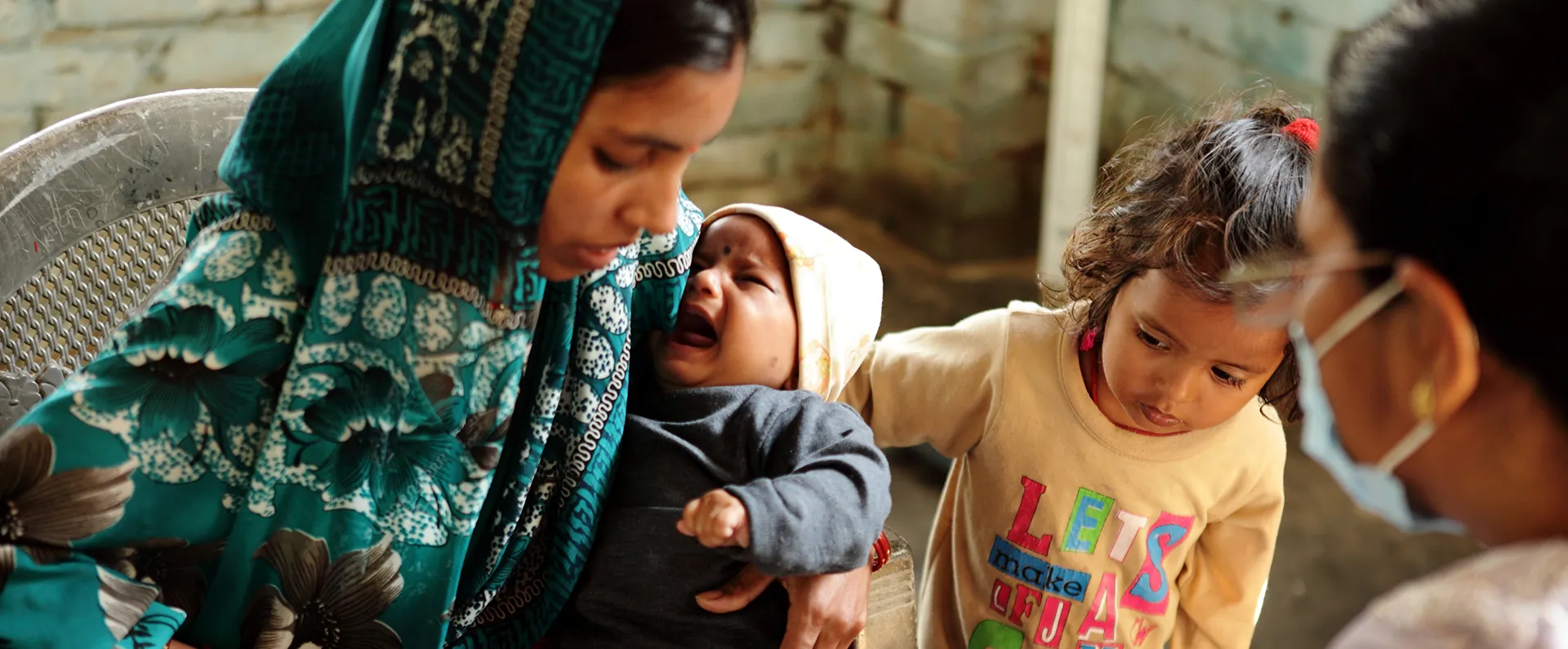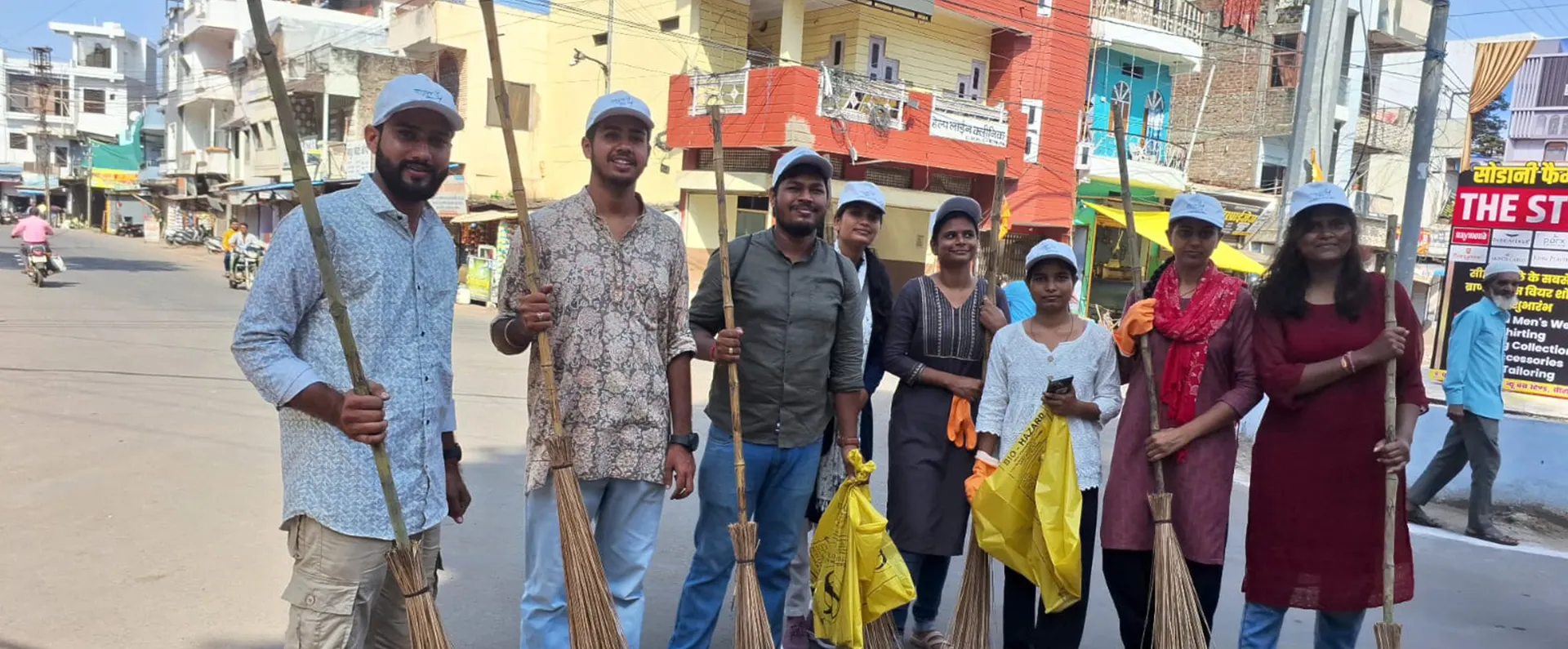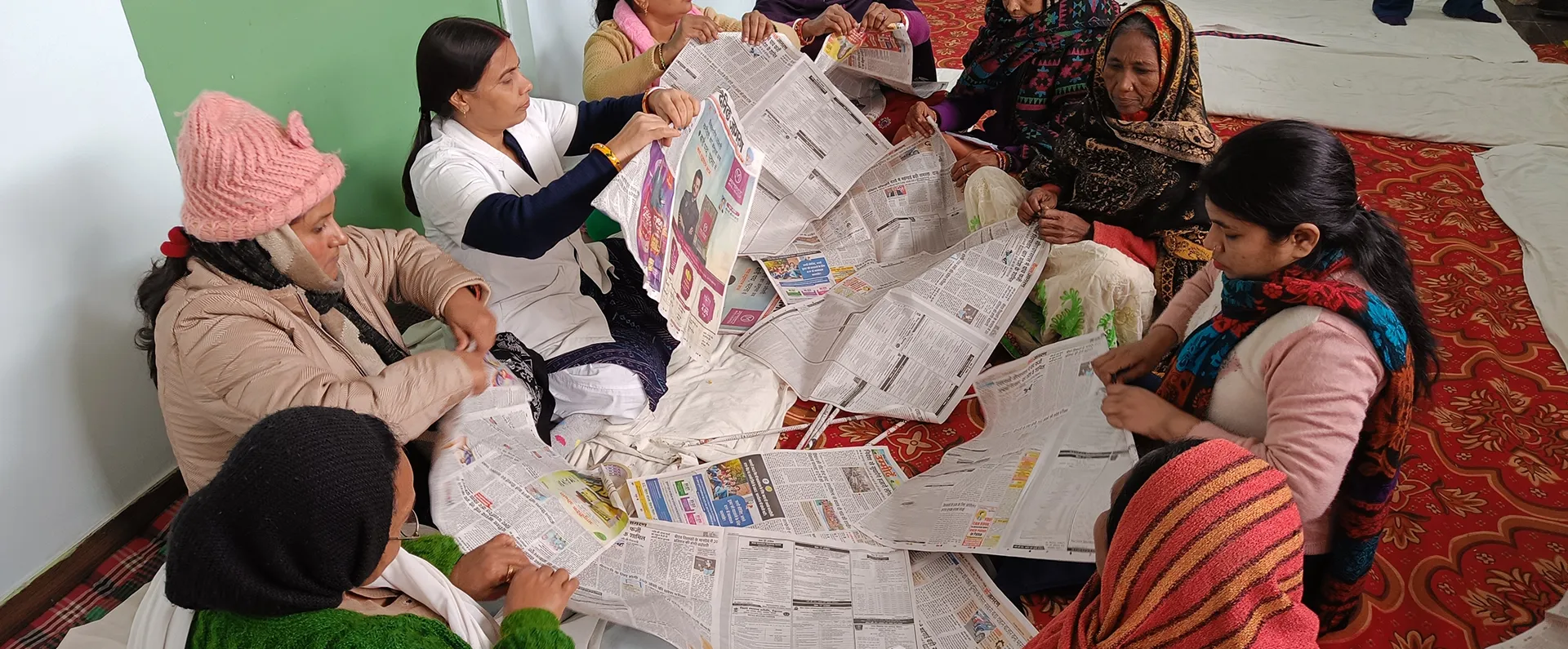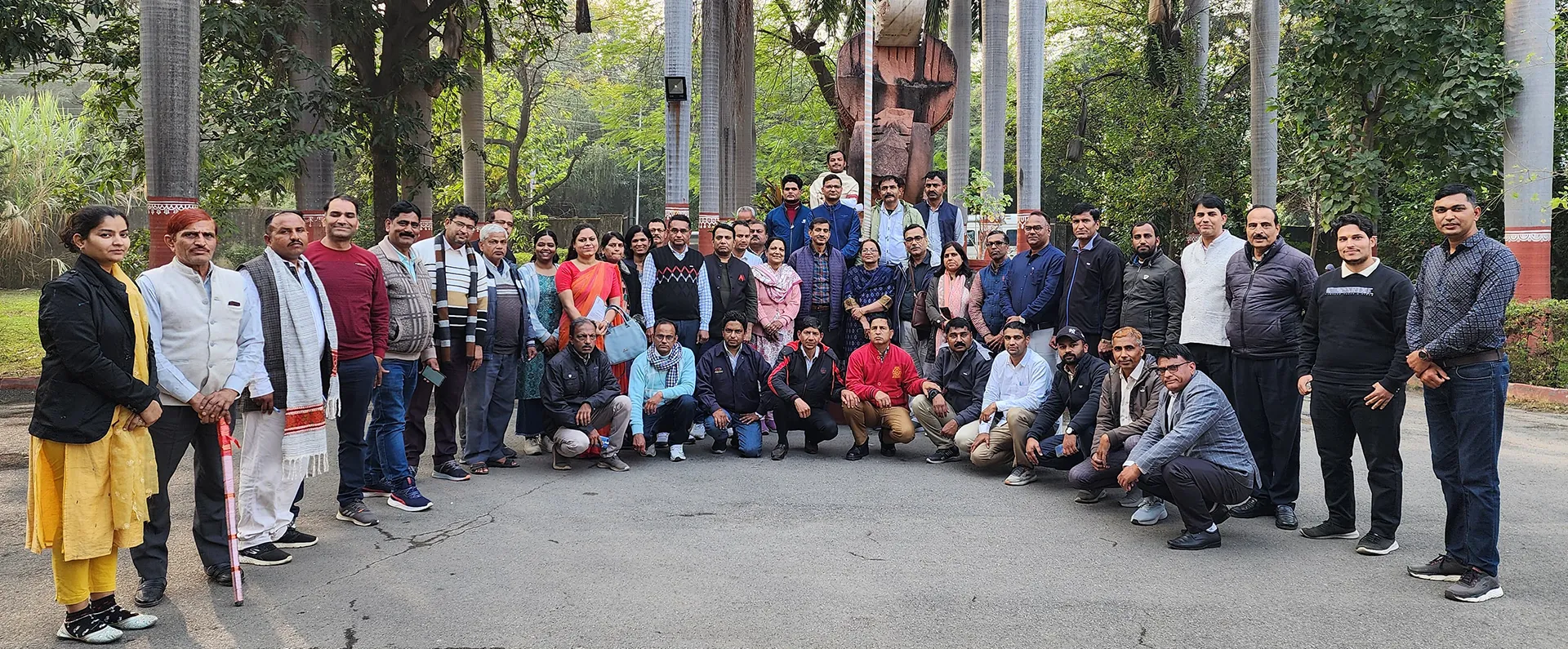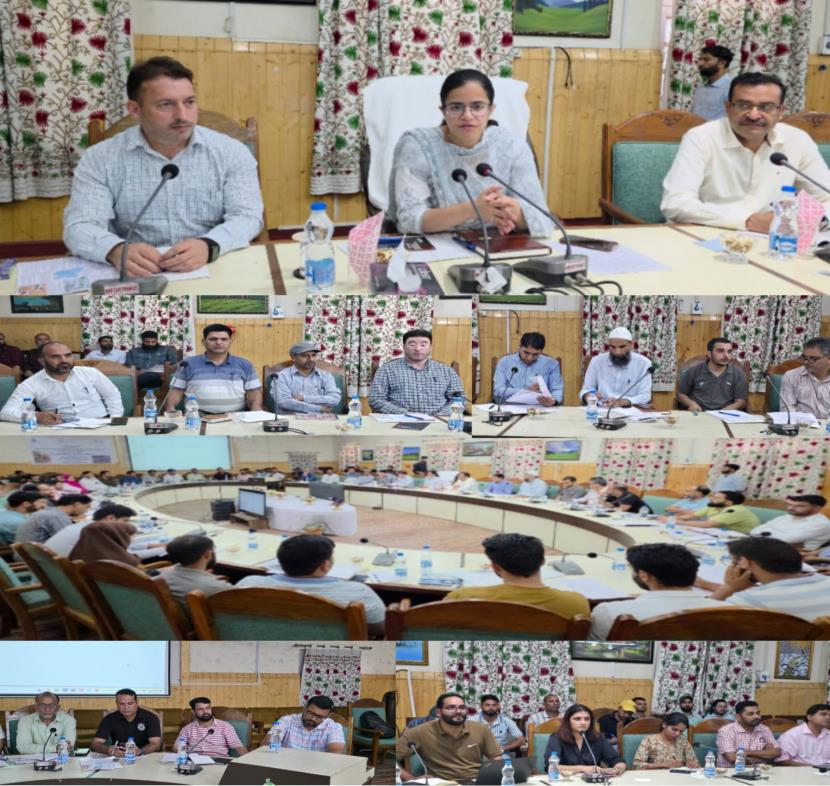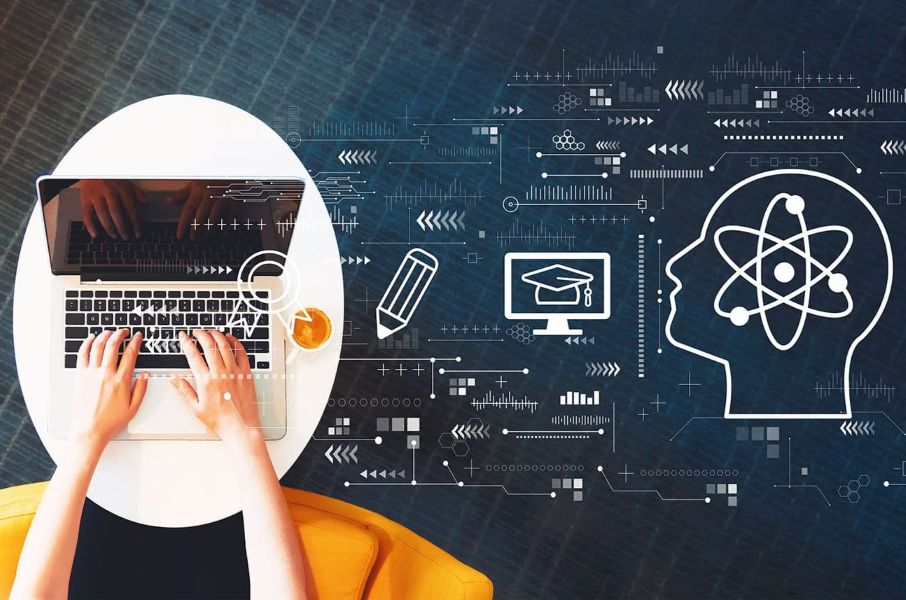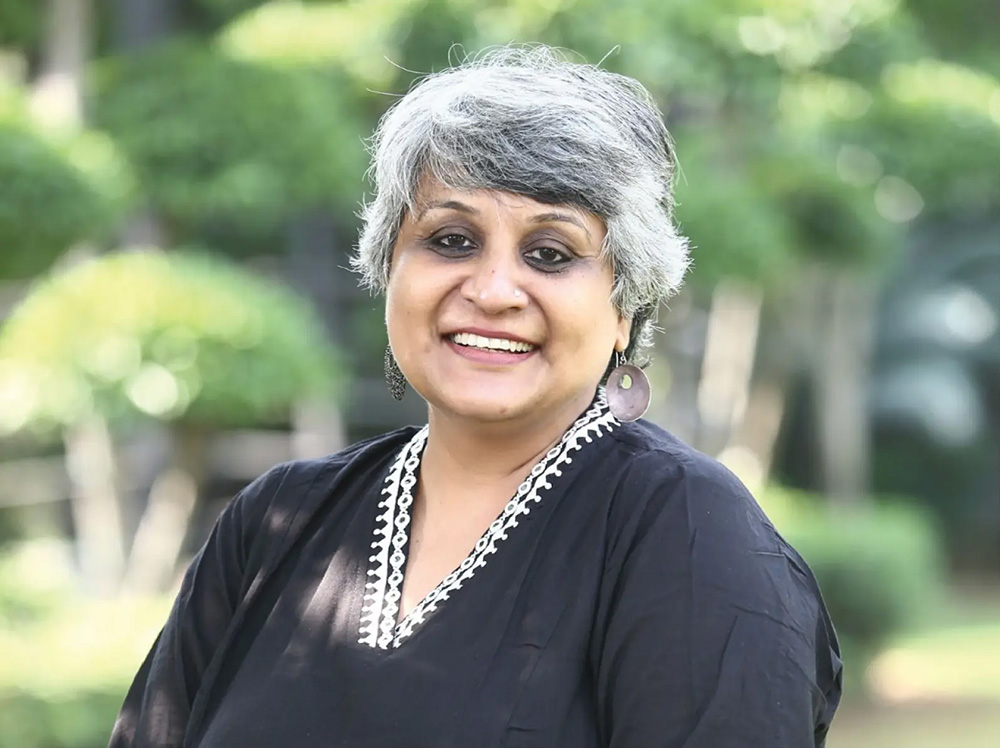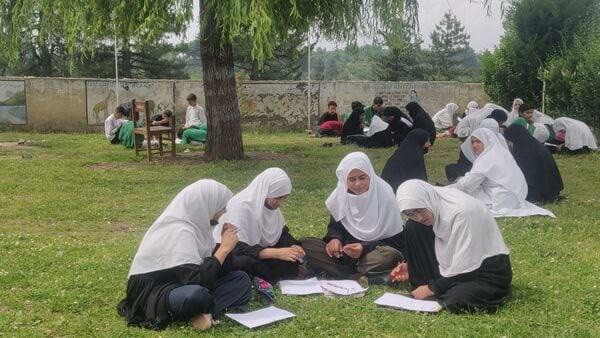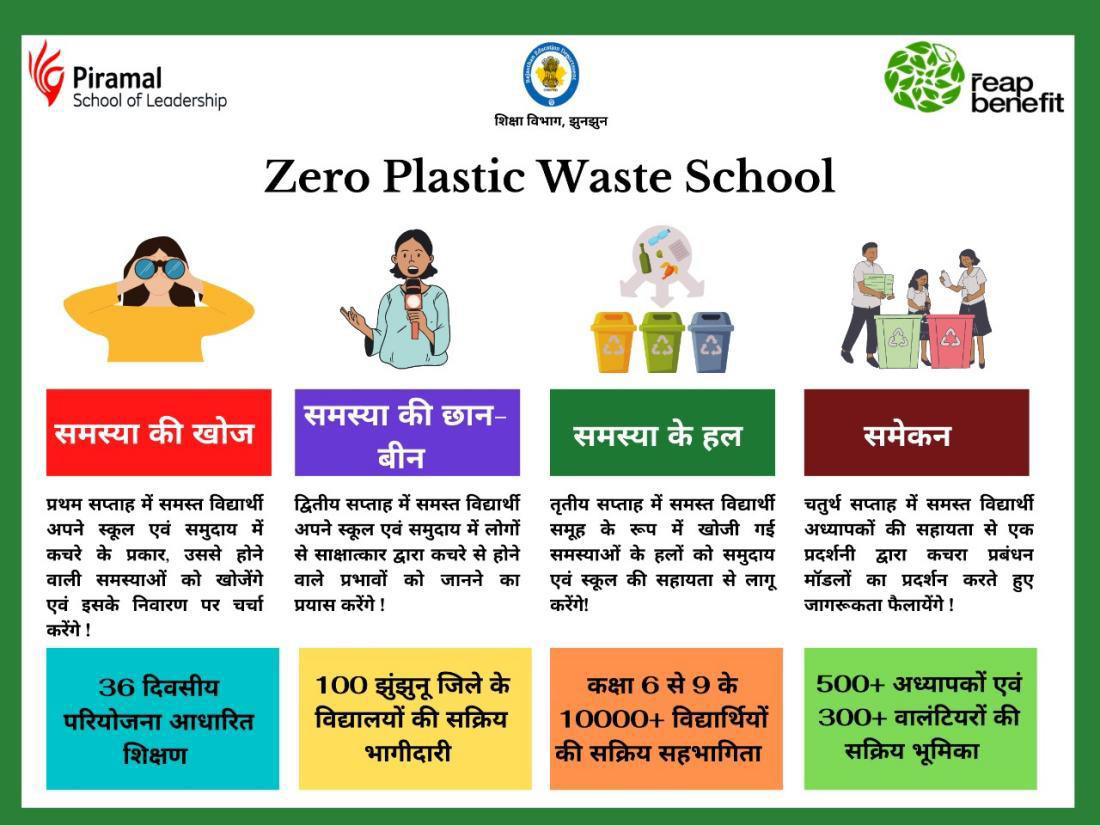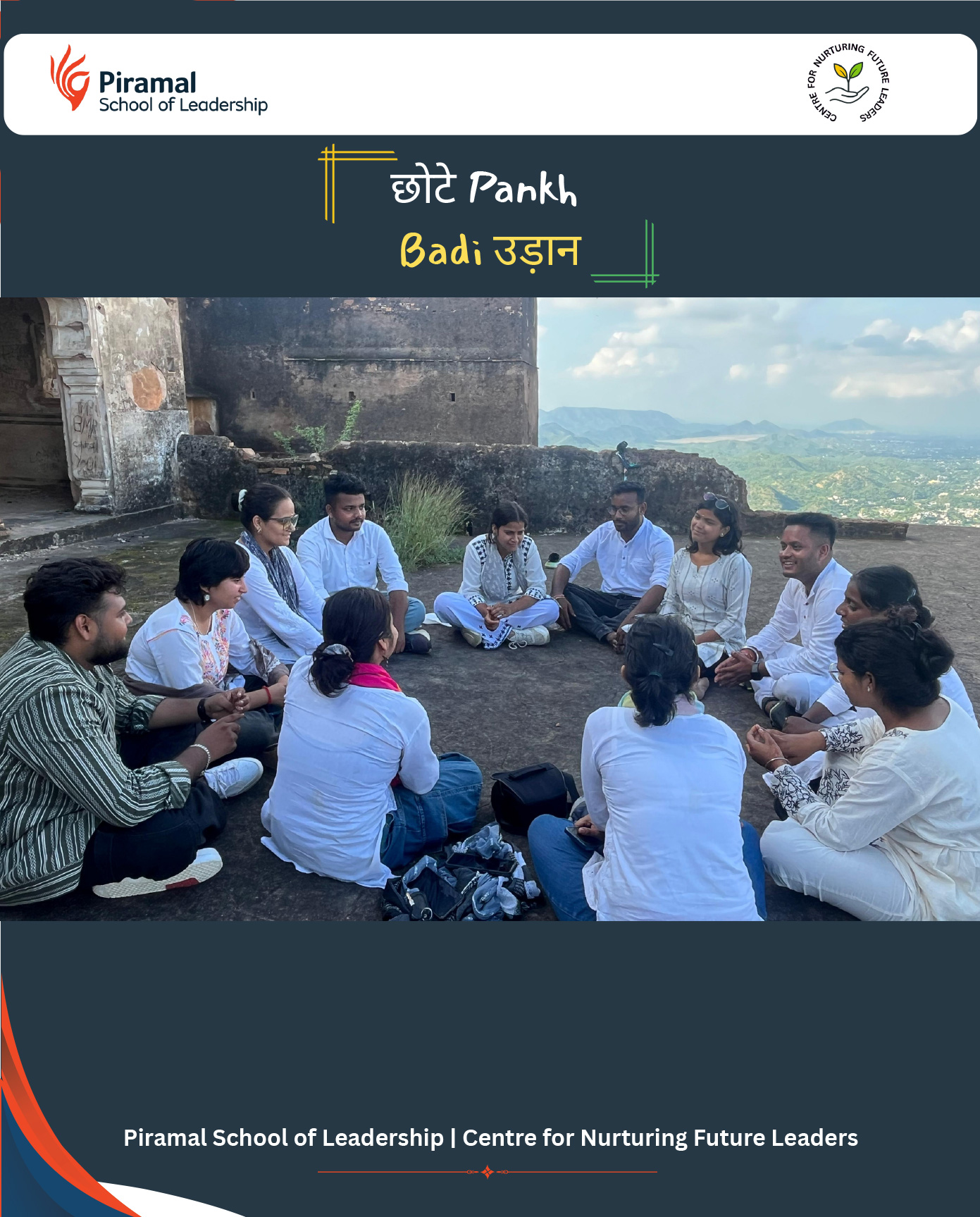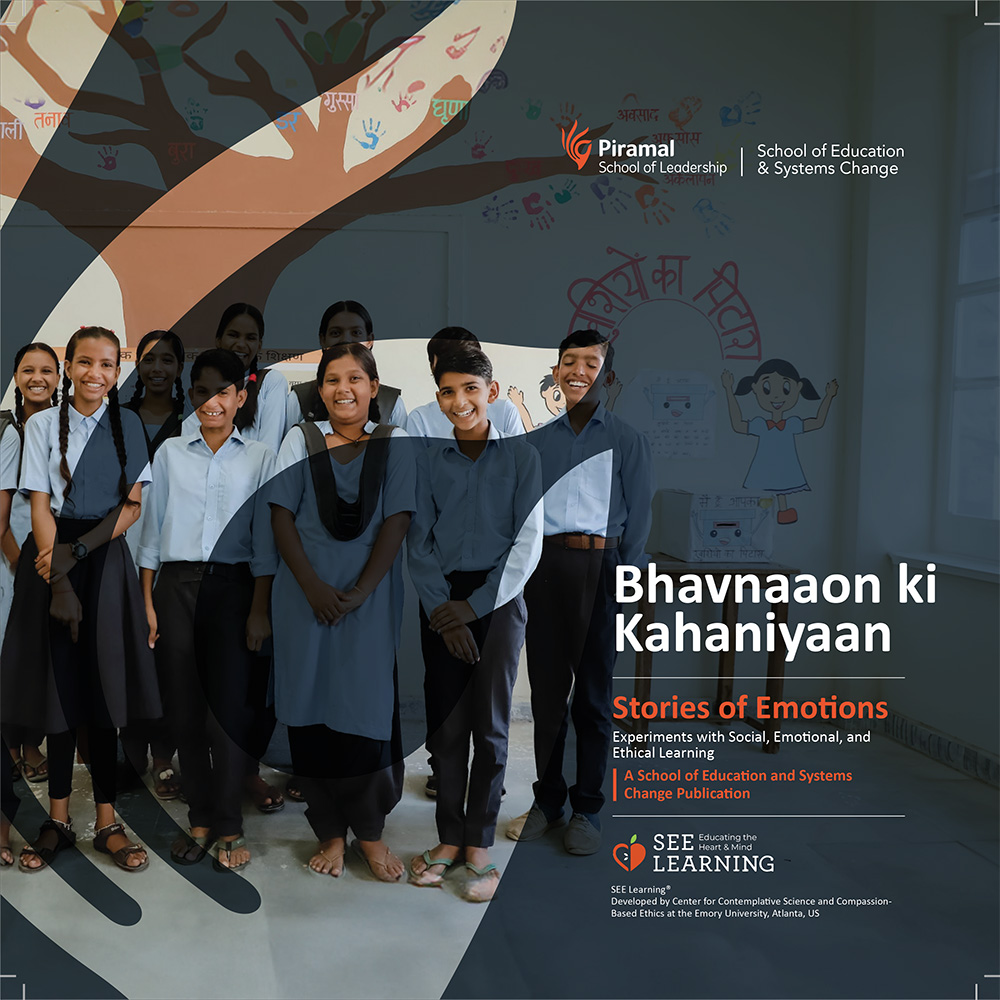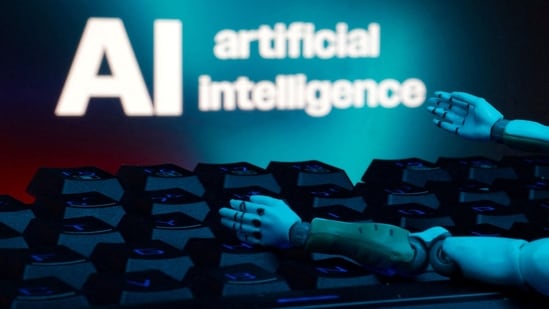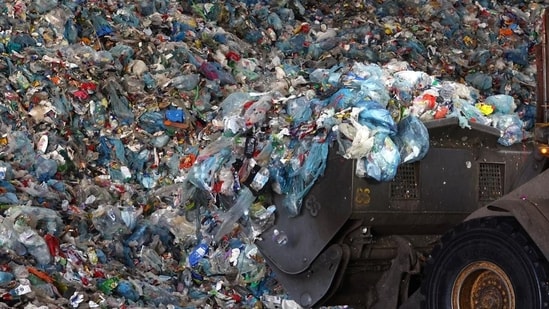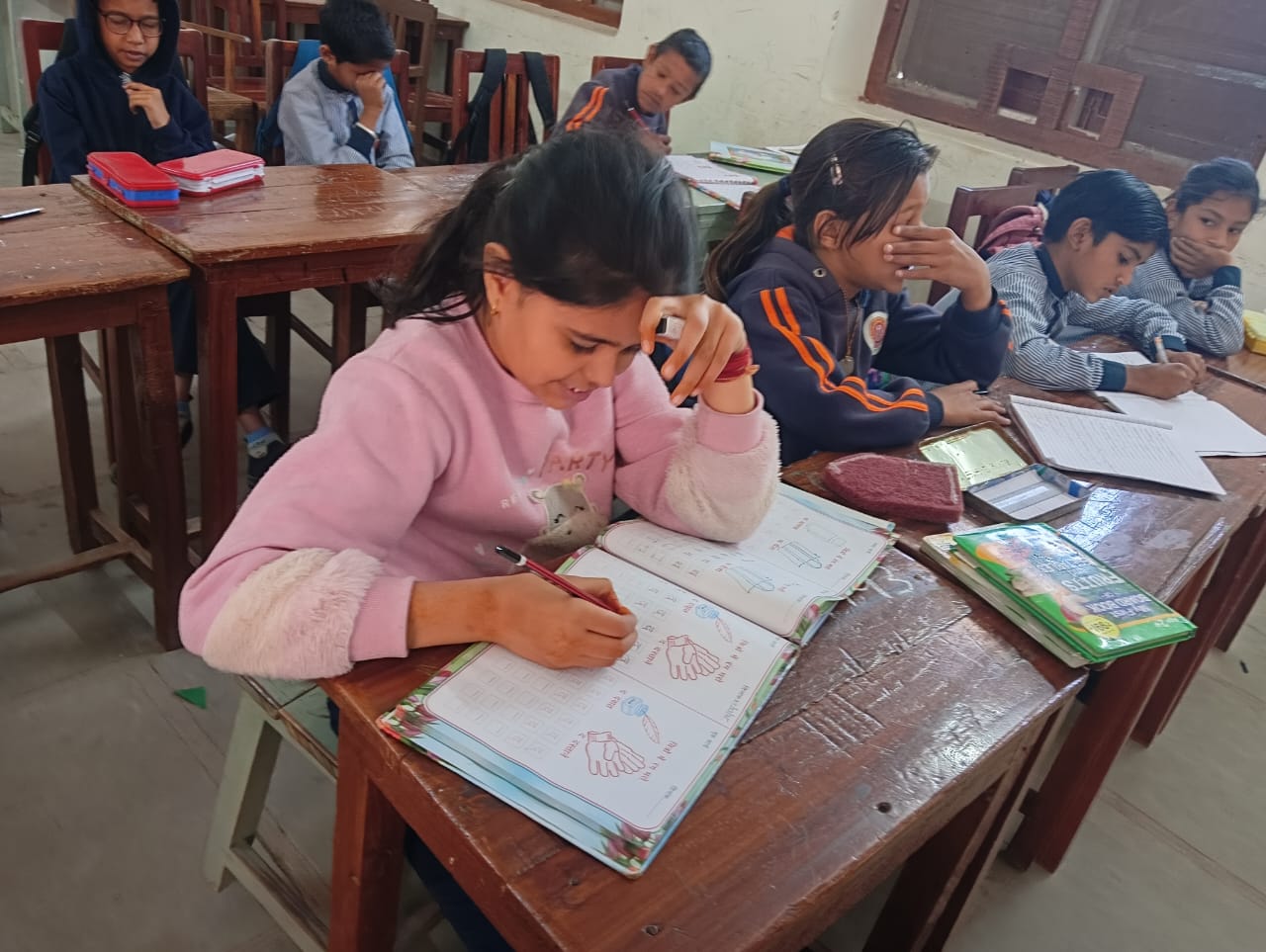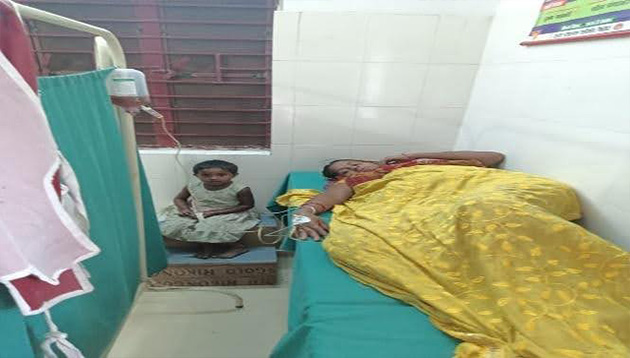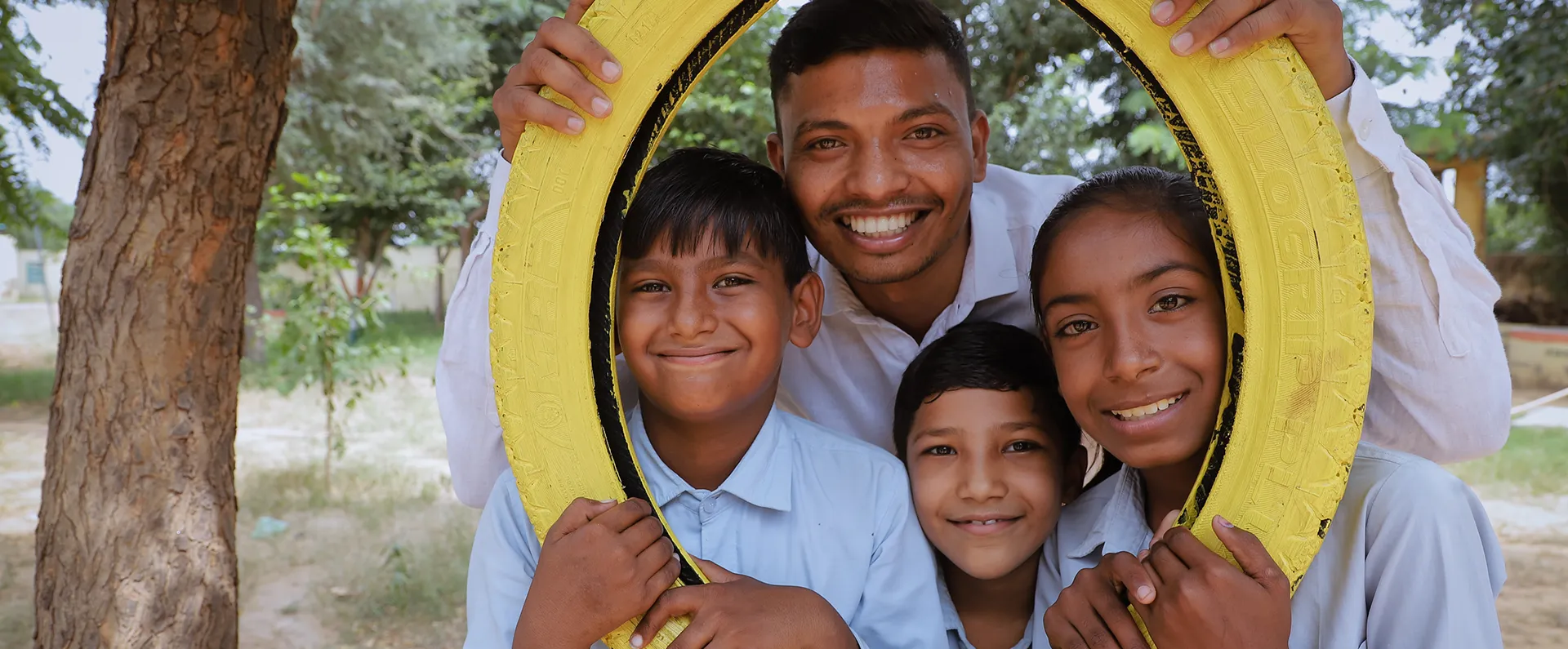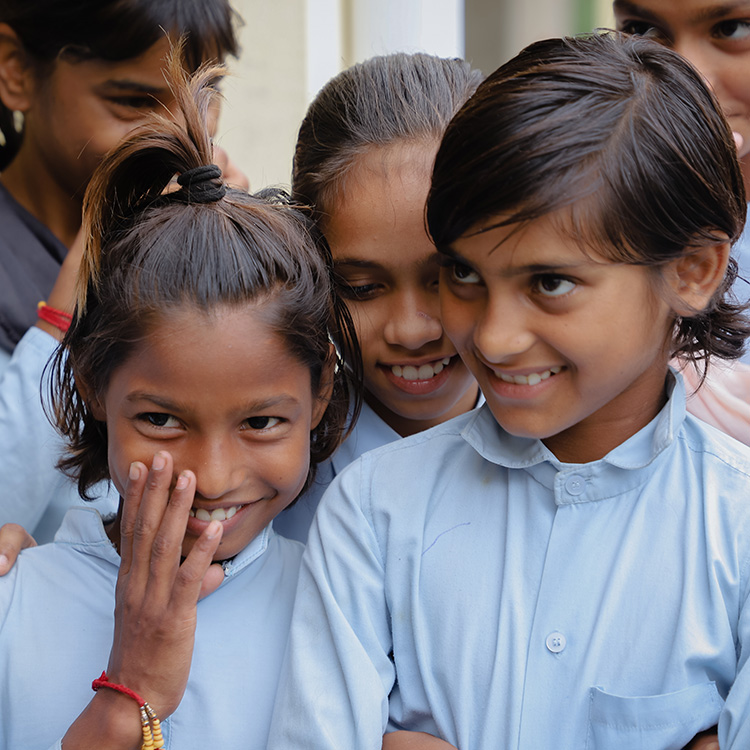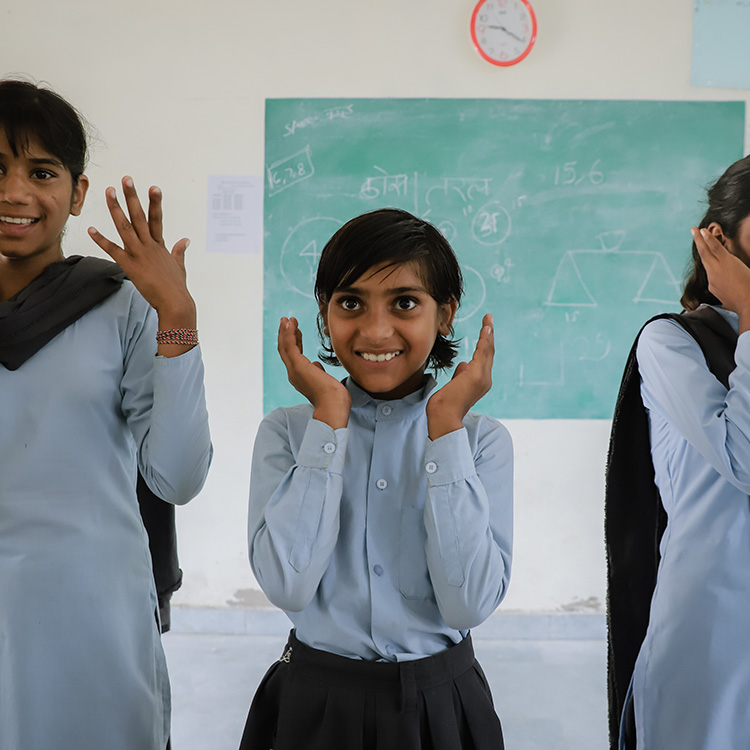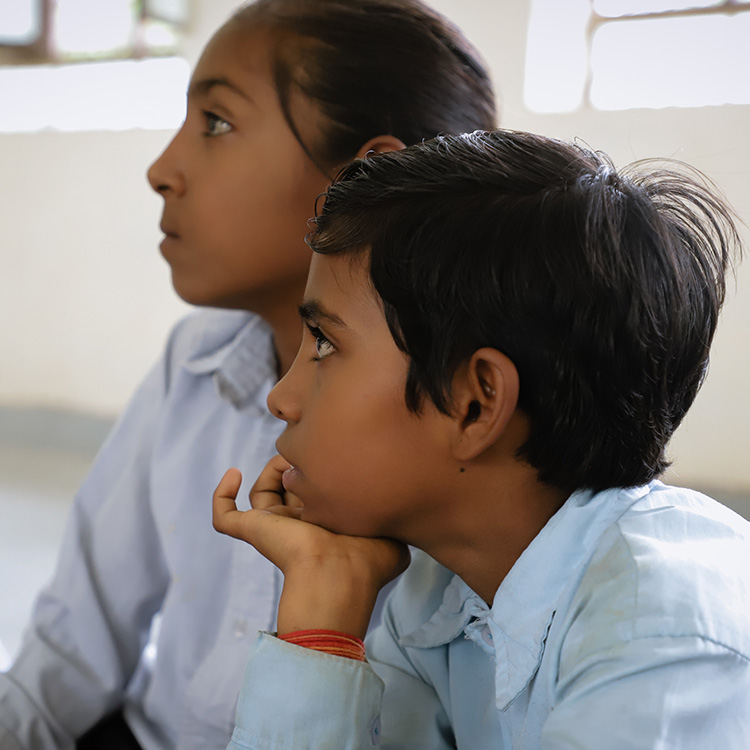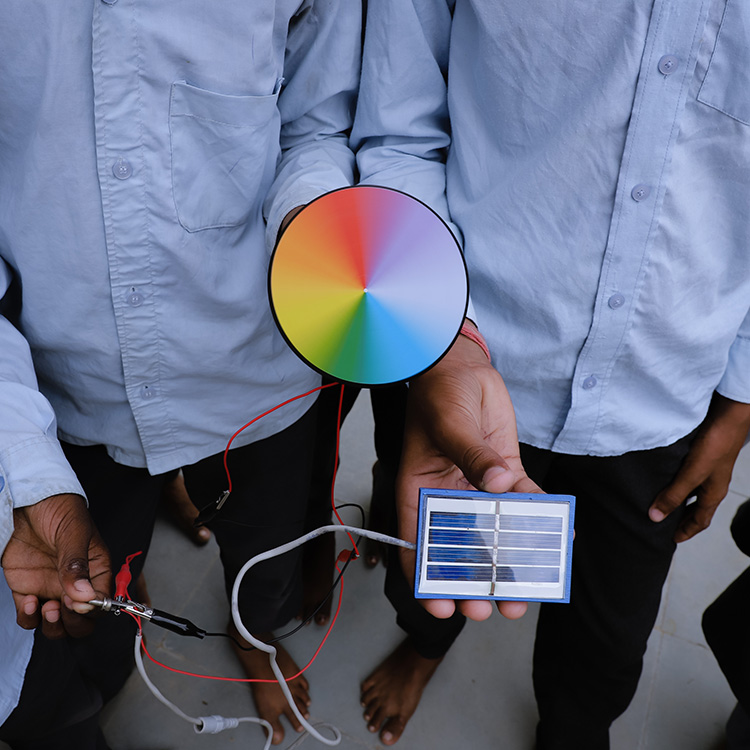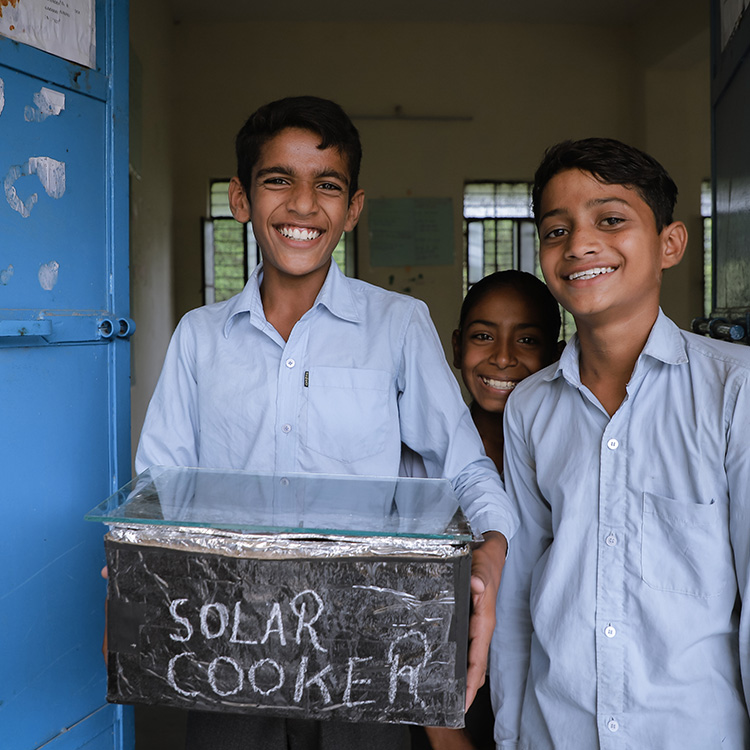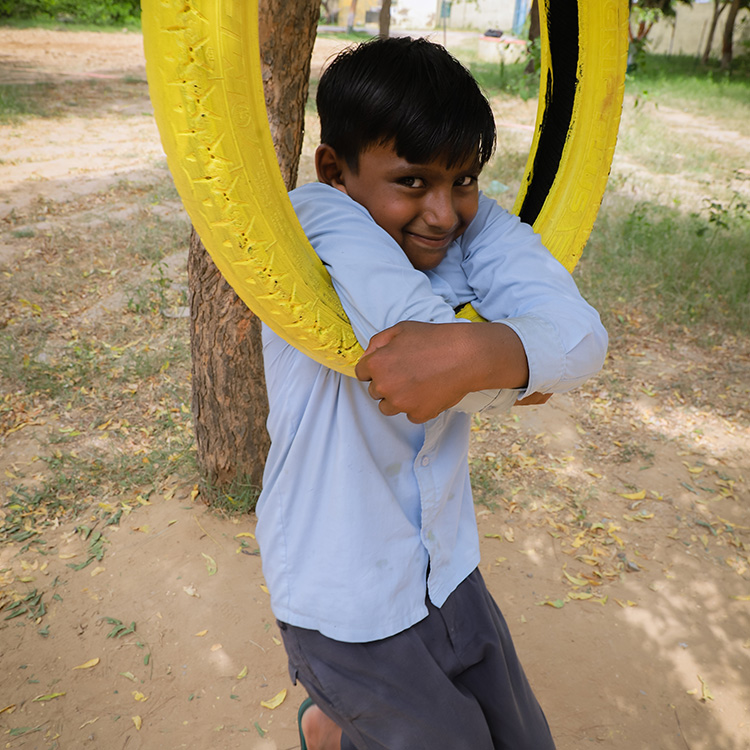Project-based Learning (PBL) is a child-centred teaching-learning approach, wherein children learn by exploring authentic situations and real-life problems, actively developing effective products or solutions and deploying them in their schools or community contexts.
Such a pedagogical approach requires learners to apply scientific thinking, mathematical literacy, compassionate and critical thinking, creative communication, and creativity to devise effective and sustainable solutions of authentic problems identified from children’s immediate contexts. Project-based classrooms, thus, serve as interfaces for children to utilize and hone academic and 21st century skills.
How is PBL relevant in the Covid Context?
PFEL has conceptualized home-based mini-projects that can ensure learning continuity in the pandemic context. PFEL has developed online self-paced learning courses, live-webinar based training courses, as well as sample mini-projects aligned to the state curriculum to support teachers in successfully integrating home-based mini projects in their remote teaching-learning plans. As discussed earlier, such projects not only ensure that children acquire both the academic (e.g. language, mathematics, and science skills) as well as 21st century skills (e.g. critical thinking, creative communication, and self-regulated life-long learning). In addition, home-based mini projects hook children to the process of learning, whereby they try out a series of activities and design products/utilities using the resources easily available at home. Such an active, child-centered teaching-learning process ensures deeper understanding of the subject matter and acquisition of skills essential to participate constructively in the futuristic societies.
The program aims to build capacity on the concepts through in-depth knowledge building and practices – through theory inputs, project engagement and reflective practice guides via an omni channel approach.
Interventions
Project-Based Learning (PBL) interventions are designed to embed real-world problem solving into classrooms by equipping educators with future-ready pedagogies and building context-specific, experiential curricula at scale.
- Project-Based Learning (PBL) interventions focus on designing real-life experiences and pedagogy-based, mass-customized curricula for middle and senior school students.
- Over 400+ hours of real-world experience-based curricula are developed, tailored to the needs of various states and UTs.
- A multi-channel Future-readiness training package is being created for educators and leaders.
- The package includes 100+ hours of teacher development programs to upskill middle managers and teachers as 21st-century, transformative practitioners.
- The initiative aims to create a proof of concept to demonstrate how future-ready curricula can be systematically integrated into government schools.
Impact
- Capacitated 1500 Middle managers and 2.5 Lakh teachers on 21st century skills and transformative pedagogy PBL.
- Incorporated Project Based Learning approach in schools with 9 Lakh students to utilize and develop academic and 21st- century skills.

